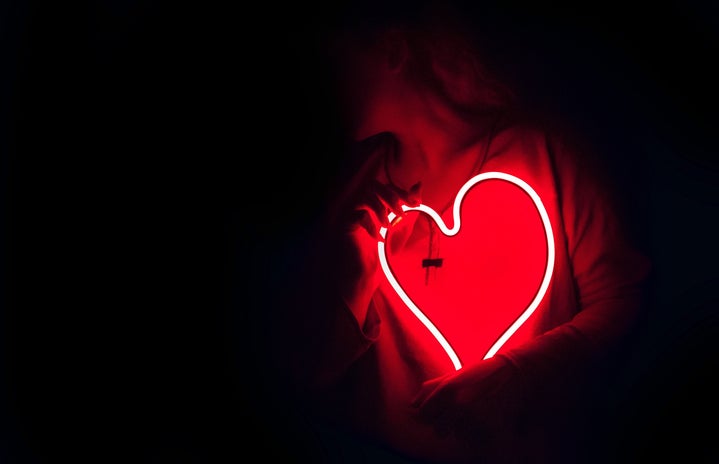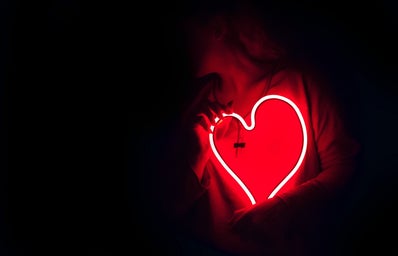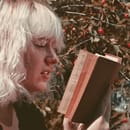I’ve always thought romance novels were a bit… well, meh, to be honest. Once, in our teens, my best friend and I read a Harlequin romance to each other. I still remember the glistening eyelashes, sculpted chest, quivering arousal and pulsating … well, you know. I firmly made up my mind after that. Romance novels were not for me, thank you very much. I focused my time mostly on thought-provoking classics and thought-provoking contemporaries and thought-provoking essays and thought-provoking YA releases. Admittedly, it sounds rather pretentious in hindsight.
Then Covid-19 happened.
I remember quarantining at my aunt’s empty apartment, too tired to really work but desperately, desperately needing some distraction. I hesitated for a moment, then tentatively googled “best romance novels”. I haven’t looked back since. And let me tell you, it’s been a wild ride.
What a more mature reader, without a doubt, would have been able to understand, is of course the distinction between romance and pornography. The book my friend and I read certainly tended towards the latter. And, you know, the trashy (for lack of a better word) kind. Not to say that erotica is not a valid reading choice – it absolutely is. The trashy kind, too.
What I’ve realised, though, is that romance does all sorts of really cool things. It can explore issues related to intimacy, consent and identity. It can study different dynamics and characters and, really, if we get lucky in what we end up picking up for our next read, romance might even teach us something new about ourselves.
What I’m planning on doing with this new article series is to take you with me into the world of romance. I’ll do my best to discuss topics such as diversity and kink. I’ll even give you some reading recommendations, though I’m by no means an expert.
Now, then. Let’s see where this journey takes us.


